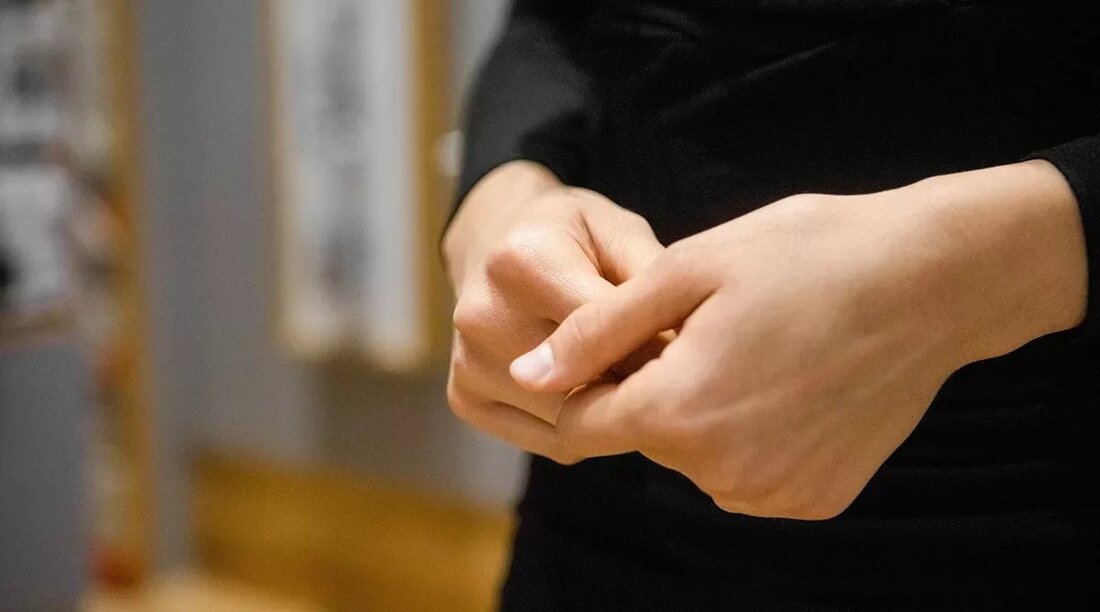Psychotherapy is a relationship, a shared practice - not a commodity
People suffering from depression or despair have an acute need for therapy and advice. How can therapy meet these needs, especially when it is less about a commodity and more about a relationship? What does that mean exactly? Therapy won't do it for you; It will not solve your problems, provide a cure, or administer a corrective or medicinal dose to change your state of mind or the conditions of your life. This is the case from short-term counseling or symptomatic counseling to deep or main psychotherapy carried out over many years and all phases in between. …

Psychotherapy is a relationship, a shared practice - not a commodity
People suffering from depression or despair have an acute need for therapy and advice. How can therapy meet these needs, especially when it is less about a commodity and more about a relationship? What does that mean exactly?
Therapy won't do it for you; It will not solve your problems, provide a cure, or administer a corrective or medicinal dose to change your state of mind or the conditions of your life. This is the case from short-term counseling or symptomatic counseling to deep or main psychotherapy carried out over many years and all phases in between. The client or patient cannot simply show up and invest time in therapy. You must participate in a genuine, motivated way with purpose, application and persistence. This is not an easy matter as we are human beings with a mix of conflicts, sub-personalities, voices that disagree and modify other voices and other perspectives. We are a melee, a Hieronymus Bosch picture of what the Buddha called suffering.
In the midst of all these conflicting forces, the customer must really want to change. One of the common responses in the field of psychotherapy when change does not occur is resistance. But it's pretty simplistic, patronizing and demeaning to resist as the big oneSine qua nonof therapeutic striving and striving because it represents the obstacles or blockages without which therapy has nothing to do. We must have respect when an individual makes a decision, no matter at what level of consciousness, to hold on to the emotional behavior patterns that he has learned as an adaptation to survival.
It's always a question of choice. Consciously or unconsciously, we are constantly choosing and this is one of the essential insights for effective therapy work. If we weren't ultimately responsible for what was going on in our lives, we wouldn't be able to change. Since weareUltimately, we can do something about it through therapy, self-discovery and awareness exercises.
And this requires our conscious cooperation, because therapy does not offer a cure, as drugs, for example, can claim or exert an active force on us, the passive recipients of therapeutic healing. Rather, we must participate and do at least as much as the practitioner we advise. As customers, we may have todoMore. It is a common practice.
As therapists, we must evaluate ourselves in therapy practice from the perspective of personal involvement in the client's healing process. Between sessions, when we think or try to problem-solve or gain insight, dream, fantasize, or imagine our client's recovery, we are likely taking responsibility for the self-healing that rightfully belongs to the client. We have to stop this because we are taking responsibility away from the customer. It manifests itself in our tone, our attitude, how we approach, speak and interact with the customer. Ultimately, it can be disempowering for the client, although it may be the client's transference that causes a reaction in us. This transference can be summarized as “take care of me,” “do it for me,” or “I can't take care of myself.” It is therefore important that we question this with the customer at the right time and not buy by reacting to it.
Alternative practitioner psychotherapy
The best place to find alternative practitioners psychotherapy is in our free alternative practitioner directory. To view all alternative psychotherapy practitioners, please click here.

 Suche
Suche
 Mein Konto
Mein Konto
